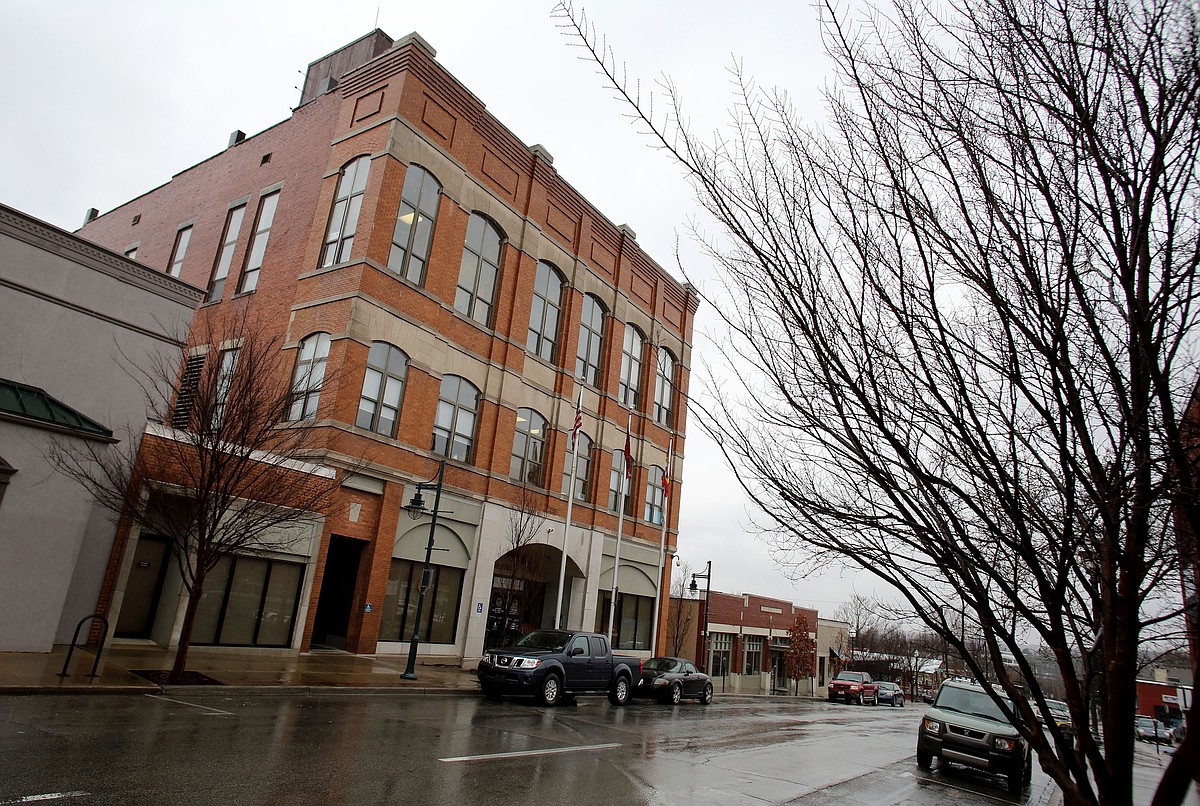
FAYETTEVILLE– The city will begin implementing a new, 10-year Arts and Culture Plan, following the City Council’s approval Tuesday.
Director of Arts and Culture Joanna Bell, along with consultants Jill Stilwell and Kendall Peterson, presented the city’s first Arts and Culture plan to the council.
The plan outlines a list of priorities to be addressed over the next 10 years.
It’s broken down into five community priorities under which all recommendations in the plan fall: cultivate, sustain, creative spaces, placemaking and lead.
Cultivate means advocating more for the arts and cultures sector while initiating more conversation community-wide.
Sustain addresses how the arts and culture sector can succeed economically.
Creative spaces considers how to acquire more art spaces and how to encourage the creation of art in those places.
Placemaking is about how to make art available to the public in memorable ways.
Lead considers how the city can nurture artists and grow Fayetteville as a creative hub.
The goal of the plan is to have the city, artists and broader community to work collaboratively, Bell said.
Stilwell and Peterson emphasized the plan was created to build on the grassroots arts and culture already prominent in Fayetteville.
There were five members of the public who spoke about the plan.
Helena Alexander, a student at the University of Arkansas, Fayetteville, said she felt it was a broad, nonspecific plan that did not adequately address equitable access. Alexander added she felt the plan should start back at step one to address some of these issues more directly.
Nick Caffery, a musician and lawyer in Fayetteville, and John Dwyer had similar concerns, specifically regarding housing.
Emily Gentry, president and CEO of the Mount Sequoyah Center, and Jessica Navari, a member of the Fayetteville Arts Council, spoke in support of the plan.
Mayor Molly Rawn said the plan is not the finish line, but the first step, setting the stage for what issues should be addressed and solved.
Multiple council members echoed Rawn’s statement. The council approved the plan in a unanimous vote.
Also Tuesday, the council approved the elimination of the Subdivision Committee. Britin Bostick, the city long range planning and special projects manager, said the subcommittee was made for a different time.
The majority of projects the subcommittee addresses can be handled by staff, or require approval by the Planning Commission.
A memo from the Long Range Planning Department to the Planning Commission reiterates her point.
“The purpose of this amendment is to streamline the development review process, support quality development review by city staff, make application timeline improvements and recognize professional staff resources that did not exist when Subdivision Committee was established,” the memo reads.
Bostick said the Planning Commission and staff had been discussing the elimination of the subcommittee for a few years and began looking at how to do so in 2024.
The council unanimously voted to eliminate the Subdivision Committee.
Additionally, an annexation appeal was brought to the council for land at 1777 Sunshine Road on the city’s westside.
The Planning Commission was voted 4-4 on the annexation, which was not enough for approval.
The primary concerns mentioned by staff were the connections to sewer and concerns about exacerbating an already odd boundary line.
Four people spoke against the annexation.
The council did not approve the annexation in a 2-6 vote. Council members Robert Stafford and D’Andre Jones were the only to vote in favor.
